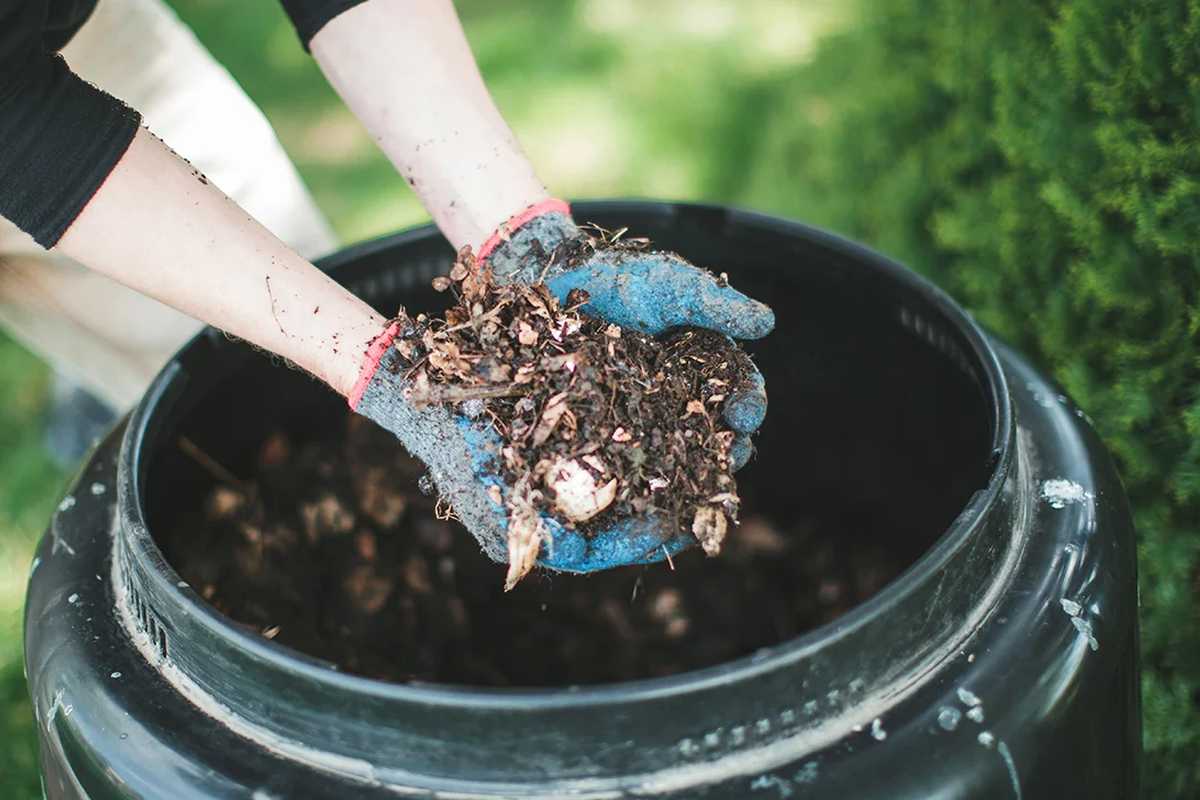When it comes to gardening, a strong foundation is vital, just like a solid base for any venture. To help plants flourish and fend off pests, we need nutrient-rich soil. The problem is that quality soil isn’t always readily available. It’s something we craft – and crafting it begins with composting.
Why Good Soil Matters
Like humans needing proper nutrition, plants demand the right soil to thrive. Natural soil often falls short, lacking nutrients and structure.
However, we can improve it with compost and other enriching substances. This not only benefits plant health but also aids in erosion control, pH balance, and root development.
Compost is your secret ingredient. It’s a blend of carbon-based brown materials (like leaves) and nitrogen-based green materials (such as kitchen waste). Through decomposition aided by insects, worms, and microorganisms, this raw mix transforms into nutrient-rich soil-like matter.
There are two ways to compost: passive (letting debris decay naturally) and active (speeding up decay through aeration and balance).
Active composting, or hot composting, is more efficient. By maintaining the right carbon-to-nitrogen ratio, turning the pile, adding moisture, and introducing oxygen, microorganisms work their magic. This heats up the pile, accelerating the process from a year to just a few months.
Ingredients for Success
Balancing carbon and nitrogen is key. Carbon fuels energy for microorganisms, while nitrogen promotes protein synthesis.
Ideally, you want to aim for a ratio of 2-3 parts carbon (brown matter) to 1 part nitrogen (green matter) by volume. Carbon sources include leaves, paper, and wood ash. Nitrogen sources involve grass clippings, kitchen scraps, and manures.
To get started, simply follow these steps:
- Shred plant material for quicker digestion.
- Create layers like a lasagna – brown, green, brown – to feed microorganisms evenly.
- Starters like manure or natural activators help kick-start the process.
- Keep the pile moist, like a wrung-out sponge, but not soggy.
- Retain heat and moisture with tarps or sheeting.
- Aerate every 1-3 weeks, adding water if needed.
- Lime can deter flies and counteract smells.
- Use a compost thermometer to track the internal temperature.
The result? Nutrient-rich soil ready to nourish your plants. Composting is the art of transforming waste into life-giving sustenance. With it, you’re not just gardening – you’re cultivating life from the ground up.

